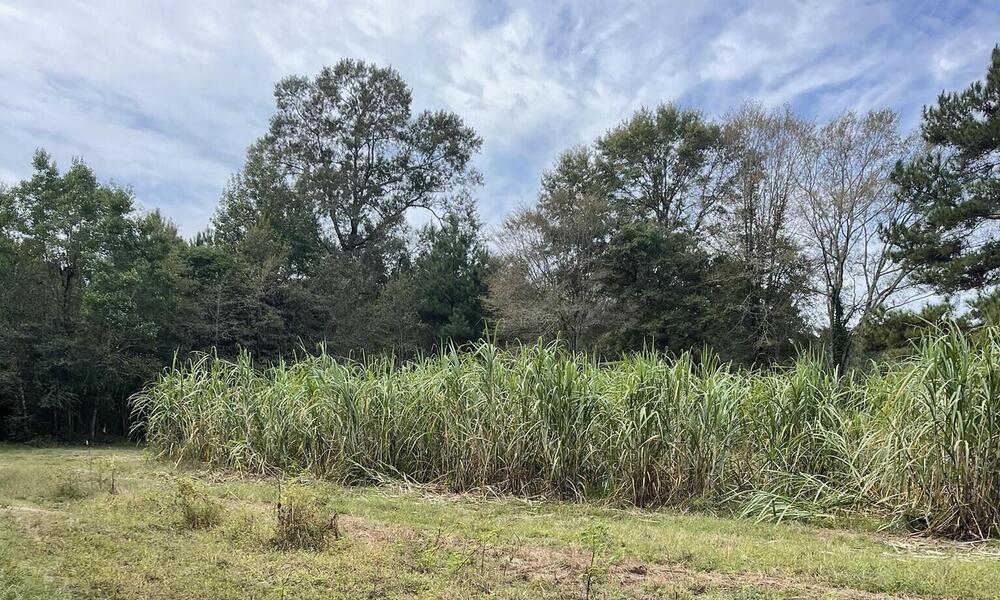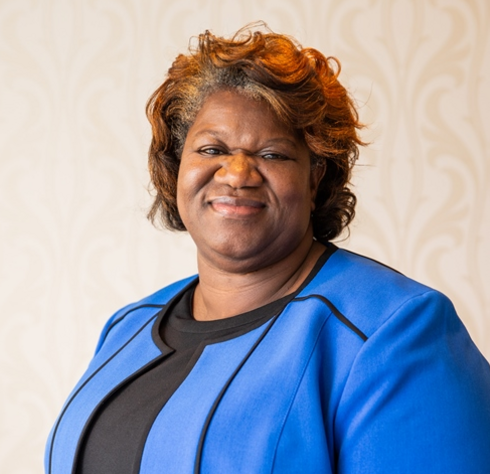Heirs’ property is defined as land passed down through family generations without a written will. This was not uncommon in areas where, due to segregation or poverty, access to legal aid and estate planning was often nonexistent. Without valid documentation, property may now be owned jointly by multiple heirs. This makes the property difficult to manage because it limits a landowner’s ability to demonstrate property rights and get a mortgage or conservation funding—and can even lead to a loss of the property itself.
The Center for Heirs’ Property Preservation® aims to protect such property by establishing documented legal ownership and promoting sustainable use of the land moving forward—ensuring it will be of economic benefit to future generations. Since its establishment in 2005, the center has helped resolve 330 titles for more than 216 people with land valued at $21 million.
Last year alone, the nonprofit provided advice and counsel to more than 600 heirs’ property owners. Not all those families signed on to the project, but they learned what heirs’ property is; what their rights are; and what they must do to protect their land. “We’re helping families reclaim what they should already have,” says Dr. Stephens. “Education is the greatest service we provide. People don’t know what they don’t know.”
Dr. Stephens sees land as a vital part of social and cultural identities—and a valuable asset to facilitate growth. It’s central to conserving natural resources and building inclusive, resilient, and sustainable societies. Any loss of land goes beyond deforestation or degradation; it’s a tremendous loss of history and culture too.
Focus on the ancestors
Legally establishing rights to heirs’ property is a multi-step process. First, landowners must develop an up-to-date family tree in order to begin the legal process. The family tree is necessary to conduct a thorough title search, which is used to help the family and the court confirm ownership interests. Descendants may be a single person, a few siblings, or dozens of distantly related family members who have never met. This group of owner heirs may also include folks who married into the family and/or who have inherited property and in no way are blood heirs to the original owner. For the center to move forward with a case, family members must eventually reach 100% agreement on all matters pertaining to working with the center and heirship and agree on a plan to use the land moving forward. With many interests at play, it can be a challenging prospect.

